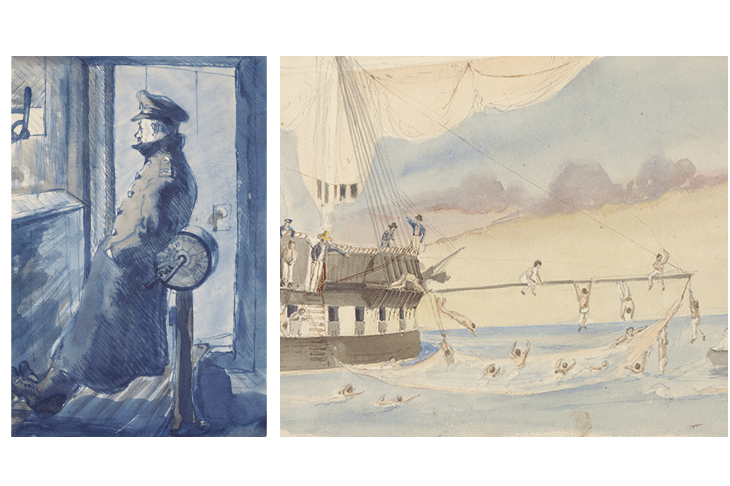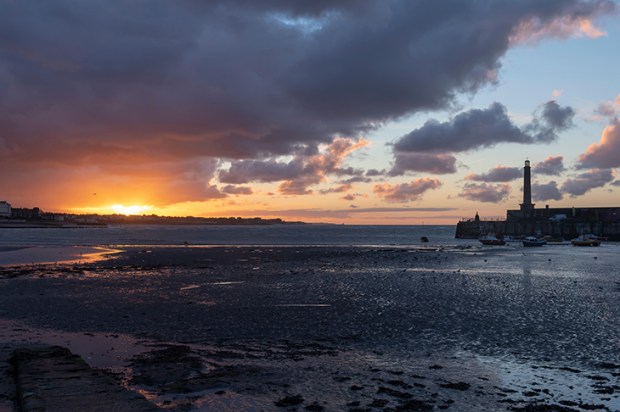Working in the Public Record Office some years ago, I ordered up the logbook of the badly damaged HMS Scylla on her return to Britain after D-Day. There was something very moving in seeing the bare navigational details noted in my uncle’s familiar hand. But then can anything be so immediate a point of contact with the past as a ship’s log as, watch by watch, the location, the wind and the weather are recorded with relentless discipline? Is there a more eloquent message than the odd water stain during a ‘fresh gale’? And if this is telling, what of...
Already a subscriber? Log in
Subscribe for just $2 a week
Try a month of The Spectator Australia absolutely free and without commitment. Not only that but – if you choose to continue – you’ll pay just $2 a week for your first year.
- Unlimited access to spectator.com.au and app
- The weekly edition on the Spectator Australia app
- Spectator podcasts and newsletters
- Full access to spectator.co.uk
Unlock this article
You might disagree with half of it, but you’ll enjoy reading all of it. Try your first month for free, then just $2 a week for the remainder of your first year.













Comments
Don't miss out
Join the conversation with other Spectator Australia readers. Subscribe to leave a comment.
SUBSCRIBEAlready a subscriber? Log in